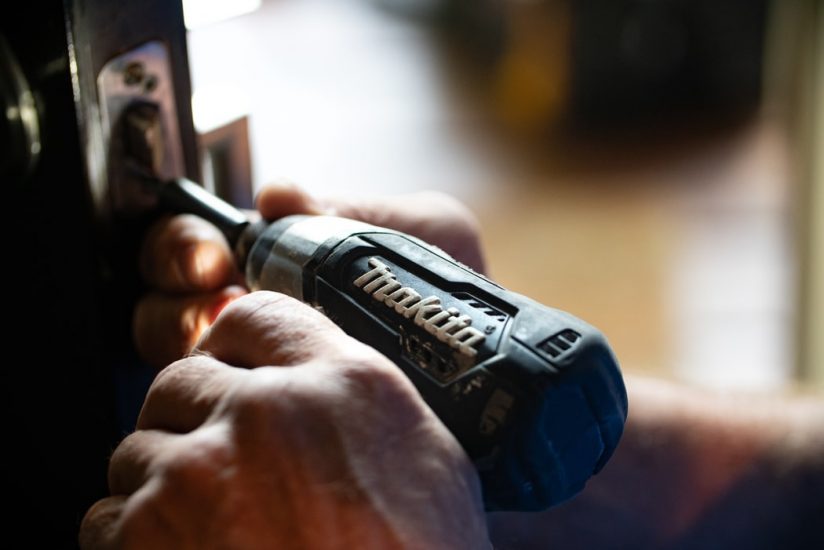Did you know that a basic handyman is not required to have a license of any kind?
Did you know that a basic handyman is not required to have a license of any kind? Any small jobs or work that is done around the house for under $3,000 does not require a license or qualifications of any kind. Only after the total cost of the project gets higher than $3,000, are some licenses are required. Here are some steps that will help you get the job done when you just can’t DIY anymore and should hire a professional contractor.
First, find out what contractor license is required
The license that is required all depends on the total dollar amount of the project, including the cost of materials, labor, and profit. There are four types of contractor licenses that are regulated by the state of Tennessee: Contractor’ License, Home Improvement License, Limited License Electrician, and Limited License Plumber.
1. Home Improvement License:
This license is NOT required in every county. However, there are nine (9) counties in Tennessee that do require it: Bradley, Davidson, Hamilton, Haywood, Knox, Marion, Robertson, Rutherford, and Shelby. A Home Improvement Contractor’s License is required for projects that range from $3,000 to $24,999. This license is required in order to perform residential remodeling or to make repairs. This includes replacement, alteration, conversion modernization, improvement, or addition to any land or building, such as driveways, swimming pools, porches, garages, landscaping, fences, fall-out shelters, roofing, painting and other improvements adjacent to the dwelling.
2. Contractor License:
A Contractor’s license is required if the total project is $25,000 or more. Contractor’s licenses are different than other licenses. They have both a classification and monetary limit. If the classification is BC, BC-A, BC-A/r or BC-B then it allows construction of a “Residential” building. The monetary limit is based upon the contractor’s financial statement, insurance, exam and experience. The monetary limit must cover the total contract or bid price. For example, if your contractor has a classification of BC-A/r and the limit on their license is $70,000, it would NOT be legal for that contractor to build a house when the total cost of the contract is $150,000.
A Contractor’s license covers both “prime” contractors and their “subcontractors”. Prime Contractors are contractors who contracts directly with the homeowner. Subcontractors are those who contract directly with another contractor and not with the owner. Subcontractors are NOT required to have a contractor’s license unless they are for portions of the project that cost $25,000 and are Electrical Mechanical, Plumbing, HVAC, and Roofing projects; Masonry subcontractors are required to be licensed for projects $100,000 or more; and Geothermal HVAC Well Drillers must have a license from Tennessee Department of Environment and Conservation.
- TIP: Ask your contractor for each of the subcontractor’s license information this provides further confirmation that all of the people working on your house are licensed correctly.
Second, make sure they have the right licenses
Conduct a license search at http://verify.tn.gov. Also, always check the license pocket card to see what “type” of license and the “name” listed to ensure a contractor does not attempt to use someone else’s license. Most licenses look the same but it will identify whether it is from the “Board of Licensing Contractors”.
Third, get proof of Valid Insurance
A licensed contractor must provide proof of General Liability insurance at the time of renewal as a condition of license. Workers Compensation insurance is only required if they disclose having an employee. Therefore, you must ensure their insurance coverage is active and not canceled.
Finally, if they are unlicensed or improperly licensed then you should file a complaint
The “Online Complaint Form” may be used to report all types of complaints against licensees and those unlicensed, but required to be licensed in one of the following professions: Contractor, Home Improvement Contractor, Limited Licensed Electrician, or Limited Licensed Plumber. This includes work on residential, commercial, or industrial projects; bidding violations such as fraud, dishonest dealing, felony convictions, misconduct, and accepting payment without completing work.
The form can be found and submitted here.
Our real estate lawyers have over a decade of experience in licensing requirements and regulation. Call our office to request a consultation with one of our attorneys.
MORE

